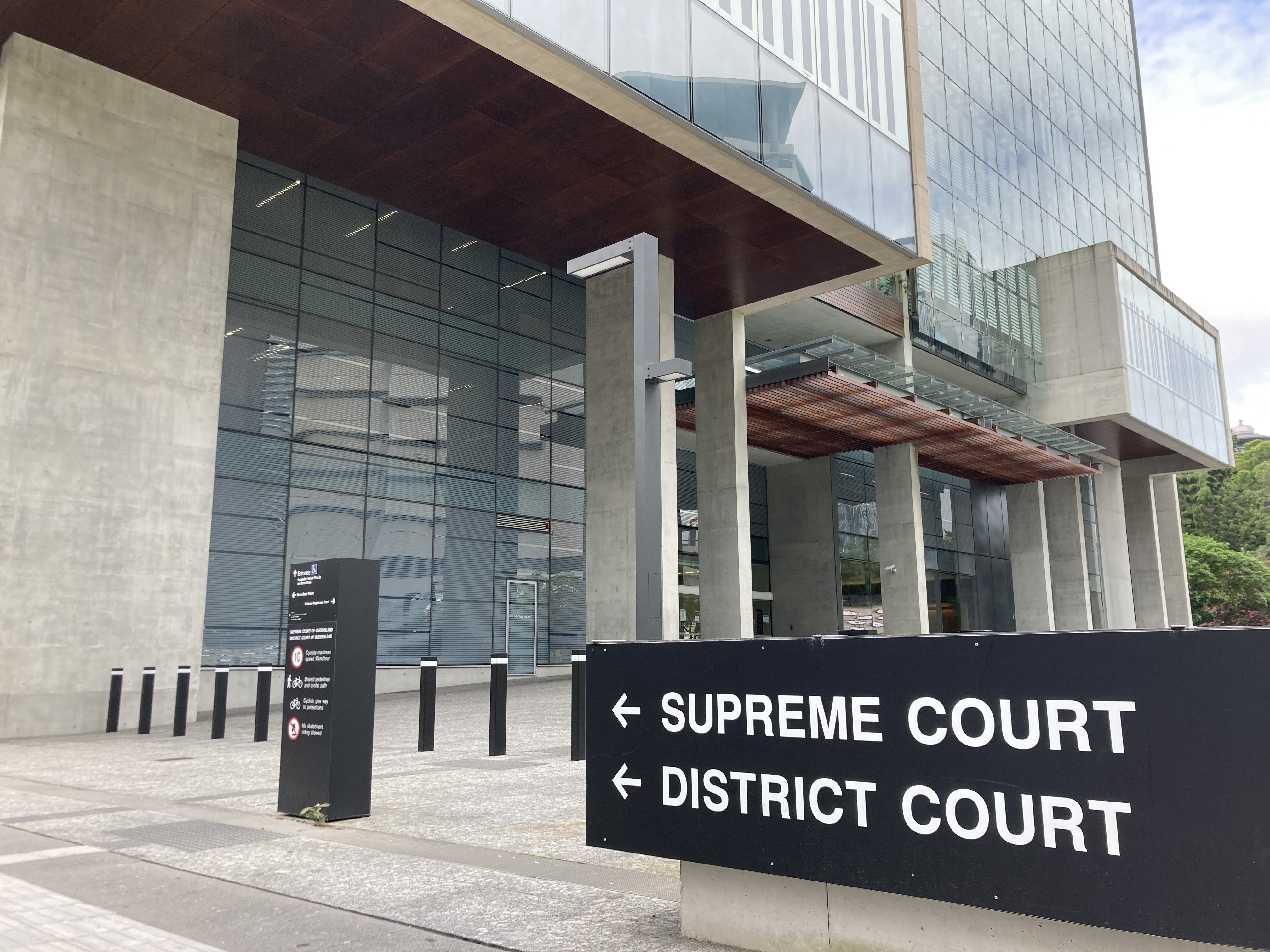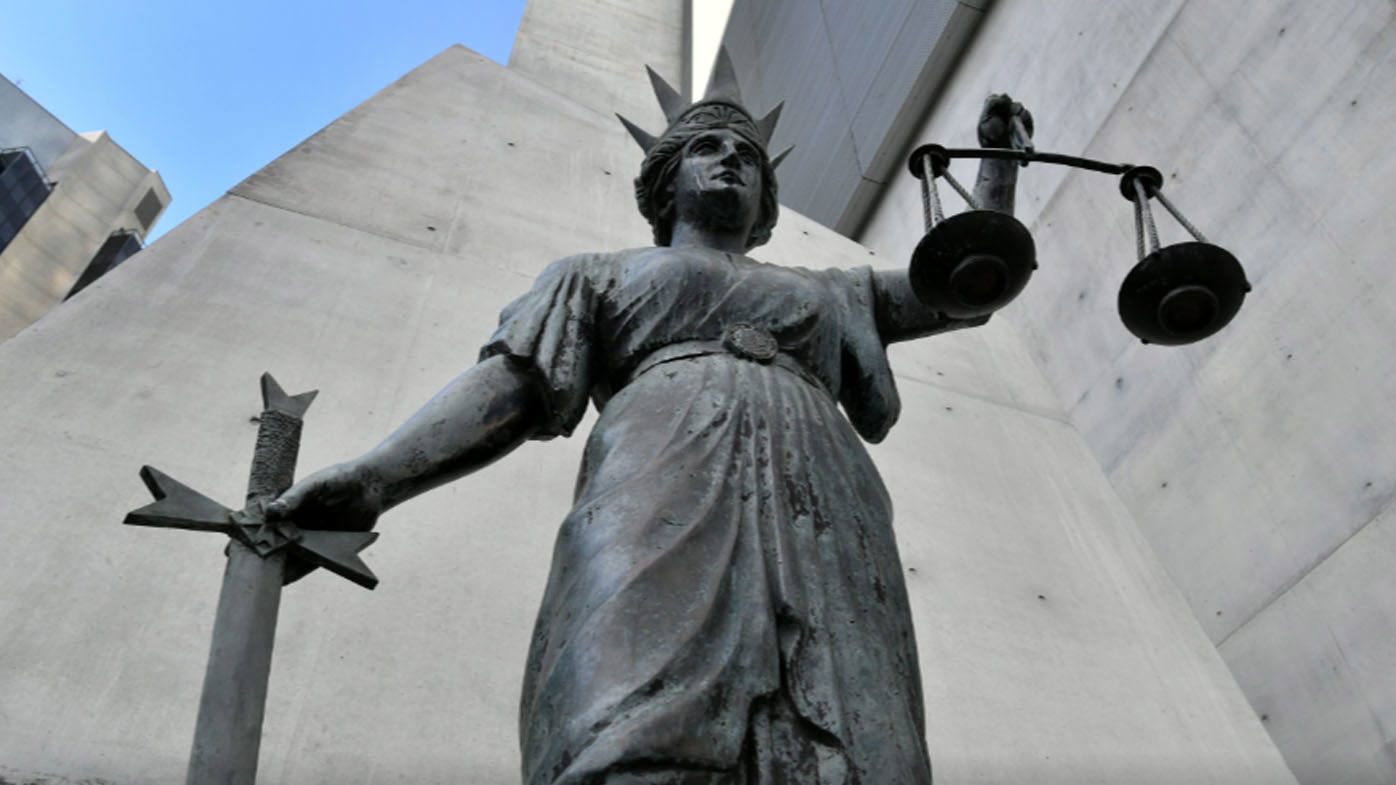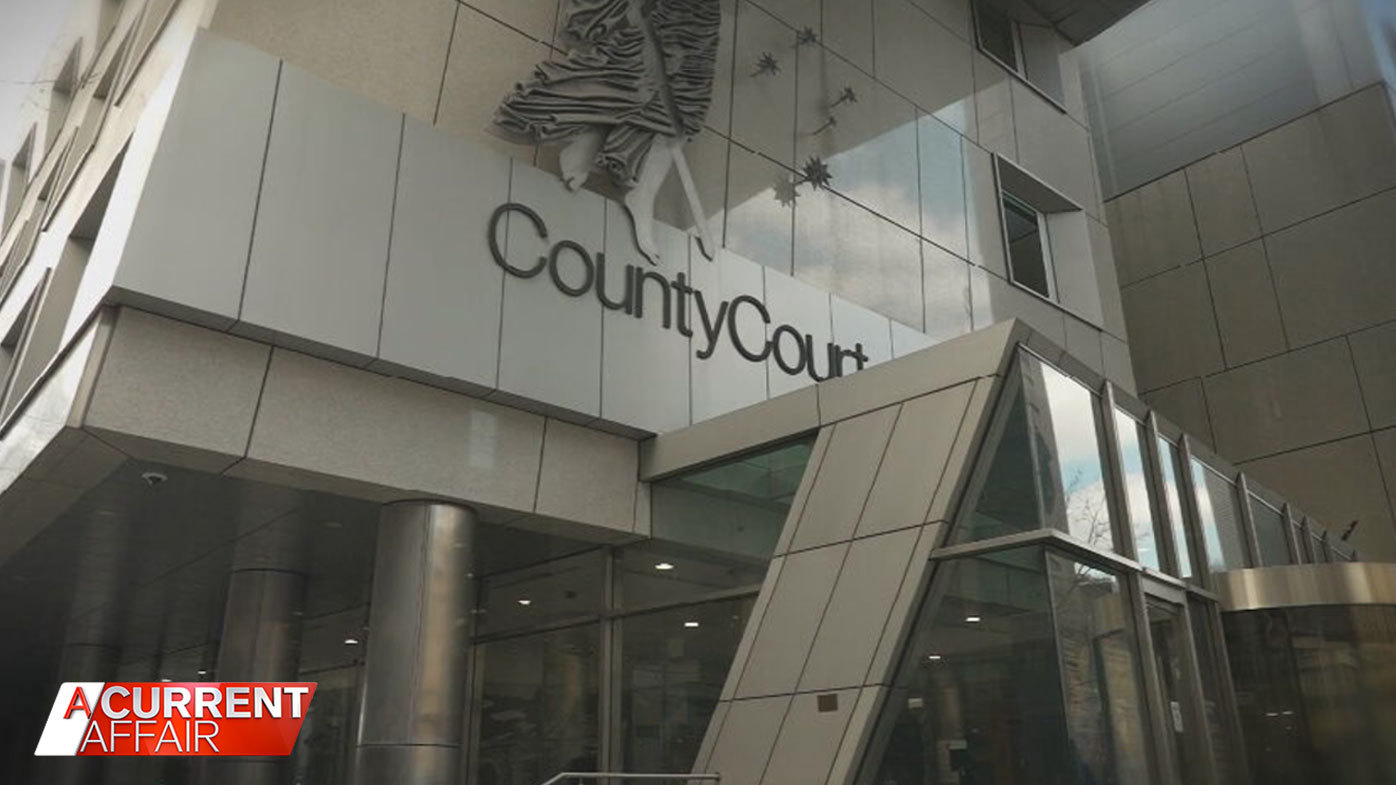People charged with rape and other sexual offences in Queensland can soon be named after new laws passed in the state today.
The laws will commence on October 3, meaning the identity of accused rapists and sex offenders can be reported.
Here's what we know about the changes.
READ MORE: Qantas sorry for sacking 1700 workers illegally
What has changed?
The changes are to the Criminal Law (Sexual Offences) Act 1978 which currently prohibits media from reporting the identity of accused rapists or defendants facing charges for "prescribed sexual offences".
A prescribed sexual offence refers to rape, attempt to commit rape, assault with intent to commit rape and sexual assault.
Previously, the law meant the identity of the accused in a sexual assault case couldn't be published until they were committed to stand trial.
The Queensland parliament passed an update to the act on Wednesday, meaning alleged rapists or sex offenders can be publicly named in the media before they stand trial.
Soon, those accused of sexual offences will be treated the same as people charged with any other offence.
READ MORE: Millionaire developer says unemployment needs to be much higher
The only way their identity is protected is if the accused, victim or prosecution apply to a court for a non-publication order.
But the application for a non-publication order will be scrutinised extensively with the court considering submissions made and views expressed by an alleged victim.
Accredited media will also be able to attend any hearings on a non-publication order application.
When does it start?
The legislation takes effect from October 3.
From that date, the accused's identity can be published with the only exception being if revealing the name would subsequently identify the victim.
What does it mean?
Justice and Prevention of Domestic and Family Violence Minister Yvette D'Ath said the changes put the interest of victims at the forefront of the judicial system.
"Rape and sexual assault are some of the most underreported criminal offences in Australia and we want to support victims to come forward and hold perpetrators to account," she said.
"Rape and sexual assault are some of the most underreported criminal offences in Australia and we want to support victims to come forward and hold perpetrators to account."
What are the laws around Australia
The changes to Queensland laws bring the state closer in line with other states and territories except for the Northern Territory.
READ MORE: Ship full of Australians stranded at sea
In New South Wales, the complainant can't be identified unless there is permission by the court but the defendant can be identified without the court's permission.
In the ACT, the defendant can be identified but the complainant can't be identified by name "reference or allusion including allowing someone to find out their private, business or official address, email address or telephone number".
In South Australia, alleged rapists can be named from their first court appearance as long as it doesn't in any way identify the alleged victim.
In Western Australia, the identity of accused rapists can be published.
In Victoria, an accused sex offender can be identified.
In the Northern Territory, an accused rapist cannot be identified until after they're committed to stand trial.
Support is available from the National Sexual Assault, Domestic Family Violence Counselling Service at 1800RESPECT (1800 737 732).






